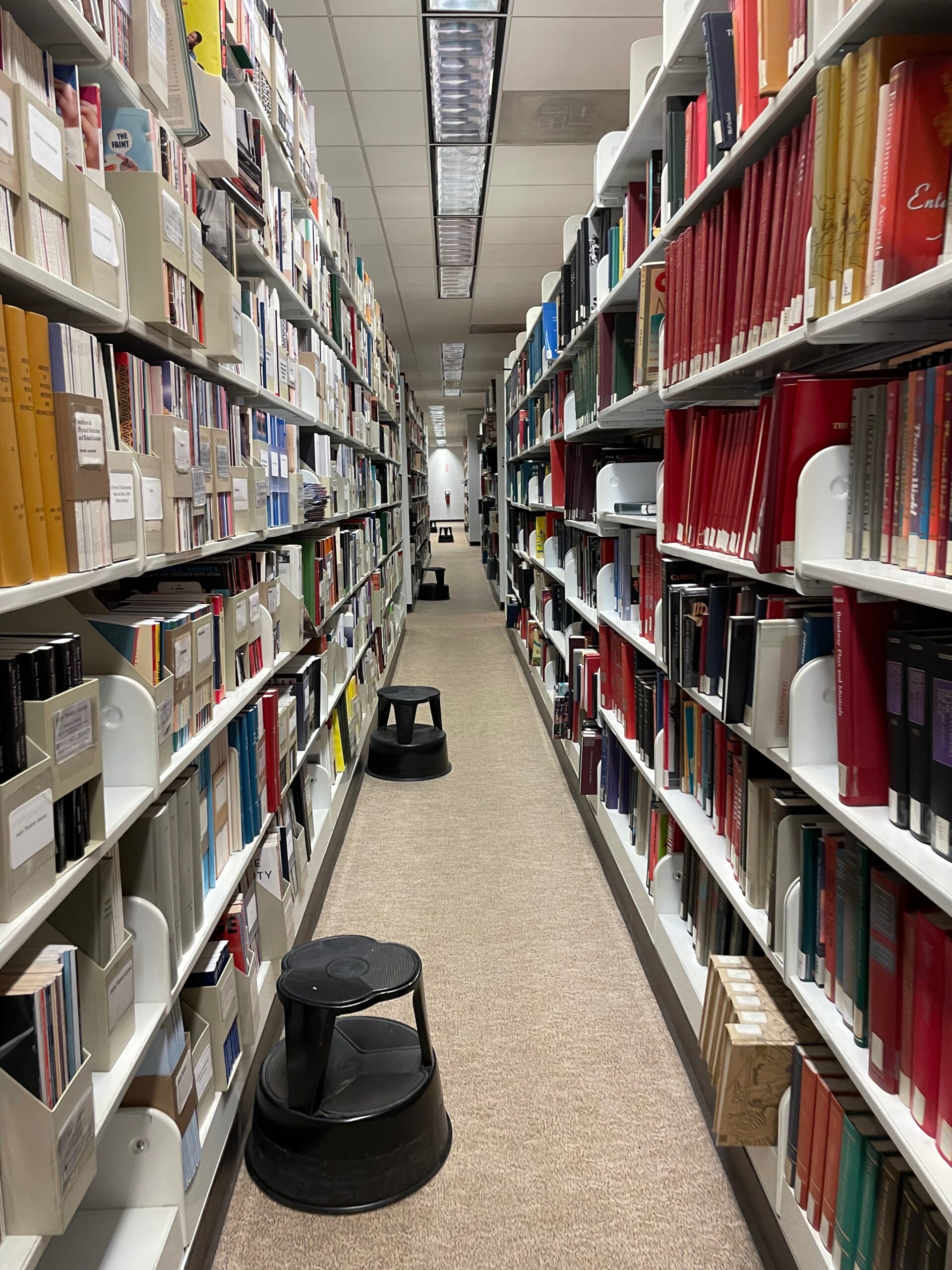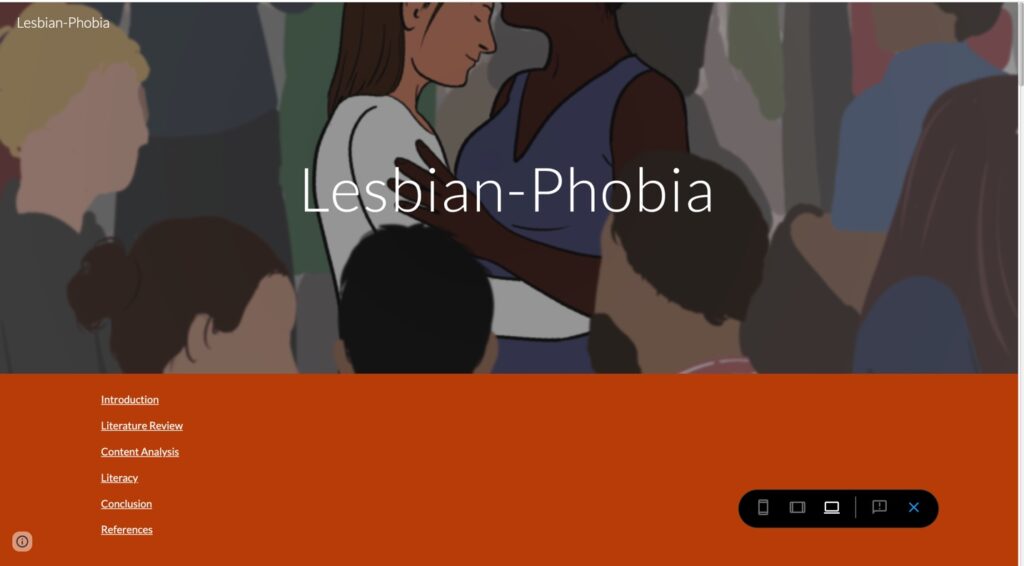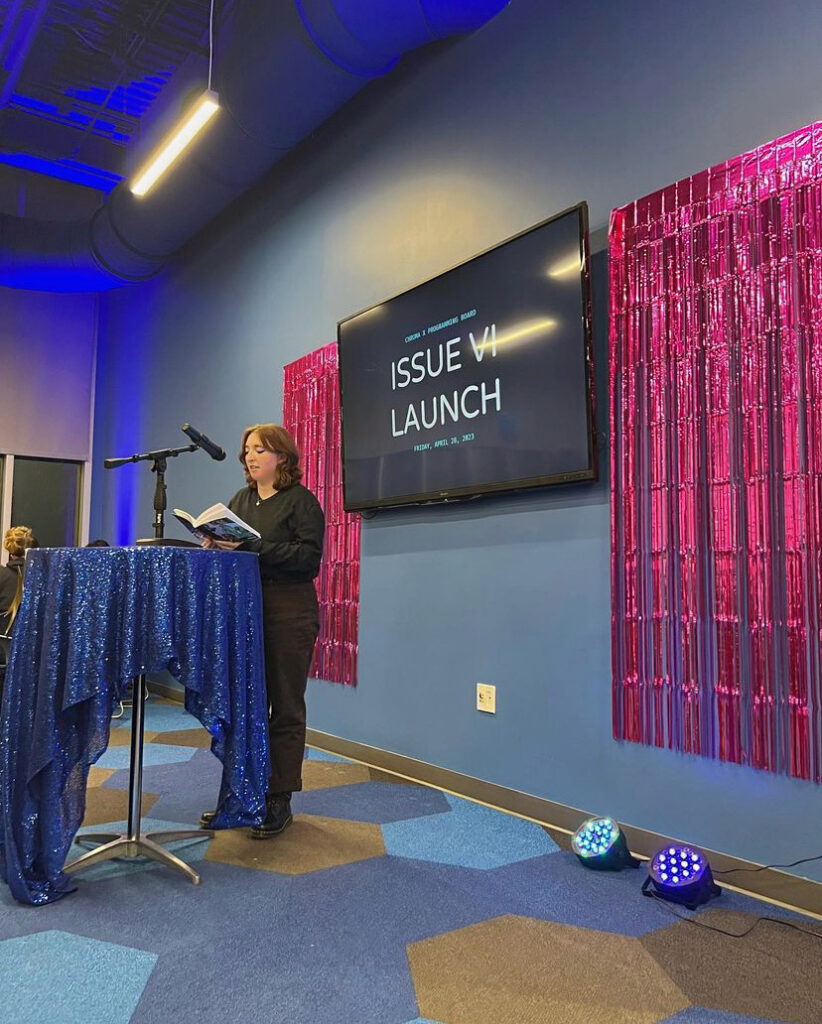
Most people come to college looking to diversify their skill set and dive head-first into their chosen fields. But unfortunately, not every professor has the same intentions when teaching their students. Some of them genuinely care about nurturing young minds to be the next generation of talent in their fields. Some of them are mostly there to further their careers but still try to put as much care as they can into the work they do. But unfortunately, many of them are there to fill whatever powerless void is troubling them in their personal lives and forget the fact that a student-professor relationship goes both ways. This results in teachers taking out unnecessary anger on students, and searching for whatever time and place they can exert their power over their students.
My freshman year I had a professor who saw potential in my writing talent, but his recognition of my talent made him feel like he had the right to correct my wrongs in whichever way he saw fit. He never missed an opportunity to harshly critique my work in front of the class, suggest changes that completely misinterpreted my vision, and argue back and forth with me during class discussions. This constant ridicule made me feel anxious to go to class, as I was afraid of having my feelings hurt by this professor. The anxiety seeped into my self-confidence, and I started to blame myself for feeling this way. I began to feel that I wasn’t tough enough and that it was my fault for taking things too personally.
This anxiety and lack of self-confidence began to affect my personal life. My friends started to notice as I became quieter and more nervous in my day-to-day interactions. One day, a friend of mine brought up my change in attitude, and I opened up to them about how I’d been feeling nervous in this class, and how it was making me second-guess myself and the work I produced.
As I talked it out with them, I realized that it wasn’t me who was the problem; it was him. My friend pointed out that this professor saw both my talent and vulnerability, and used this sweet spot to exert power over me under the guise of helping me. Coming to this conclusion was so important, it helped me contextualize his actions and reframe the situation for myself. I wasn’t the weak and unconfident one, he was. There was nothing I could ever do that would please him, and ease my anxiety. His recognition of my talent to a lot of valuable feedback and advice on my work, but it also led to a lot of emotional turmoil and stress.
Through dealing with this experience, I learned a few tips about how to deal with professors who might not always have the best intentions. The first is to remember your worth. Chances are you’re gonna get critiques on your work, and sometimes they’ll be harsh. Either way, the work you do is still valuable and special. Don’t let anyone take that away from you. Constantly reminding yourself of your worth ensures that you can’t let anyone take it away from you.
My second tip is to use your voice. I know it’s scary standing up to authority figures, but don’t let yourself be silenced in fear. It’s worth it to set up a one-on-one meeting with your professor to voice your concerns, as maybe they’re unaware of their behavior and you could help them change your mind. My anxiety steered me away from talking to my professor in person, so at the end of my semester during course evaluations, I wrote a letter detailing my feelings toward this professor’s behavior. I knew the evaluations would be read by both the professor and the administrator above him, and that my words would actually be heard and considered this way. If you’re worried about talking to them directly like I was, try sending an email, or setting up a meeting with an office on campus that can help facilitate a productive conversation and safe conversation. On my campus, the Office of Student Success offers services like this, research to see if your school has something similar that could help you. Whatever it is you have to do, if you think you’d feel better by speaking up about it you should do everything in your power to do so.
My third and last tip is–of course– to take care of yourself. Take a walk after class to clear your mind if you’re upset or anxious. Make it a habit to treat yourself with your favorite snack or candy after each class so you have something to look forward to at the end. If you can, take a mental health day from the class and do something to relieve your stress. At the end of the day what’s important is your mental and physical well-being. As a busy college student, you have to do everything in your power to make sure you’re feeling your best. At the end of the day, this experience taught me to never forget my worth and to not let any way affect my confidence.

By Sidnie Paisley Thomas
Sidnie is a Sophomore at Emerson College in Boston studying creative writing and post-colonial literature. In her free time, you can find her hitting up her local thrift store, playing her favorite records, or reading a new book.
For over 20 years, the Campus Clipper has been offering awesome student discounts in NYC, from the East Side to Greenwich Village. Along with inspiration, the company offers students a special coupon booklet and the Official Student Guide, which encourages them to discover new places in the city and save money on food, clothing, and services.
At the Campus Clipper, not only do we help our interns learn new skills, make money, and create wonderful e-books, we give them a platform to teach others. Check our website for more student savings and watch our YouTube video showing off some of New York City’s finest students during the Welcome Week of 2015










